Keywords: Indigenous Leadership
There are more than 200 results, only the first 200 are displayed here.
-
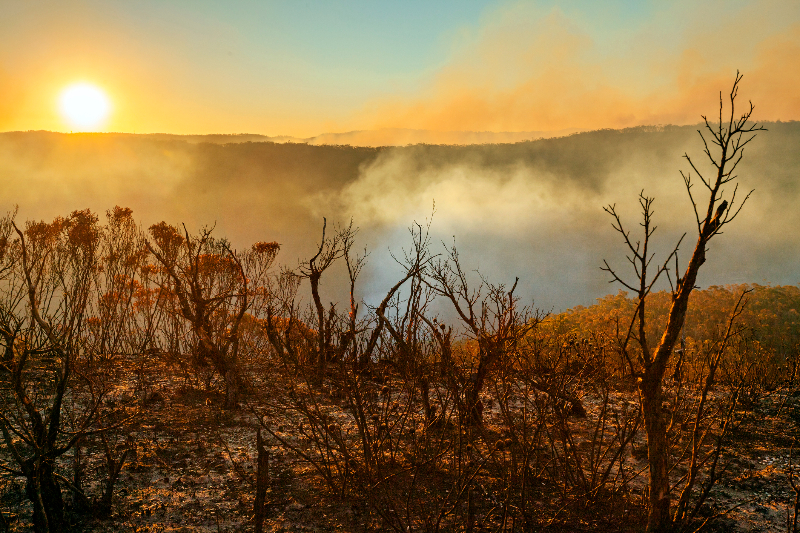
RELIGION
- Andrew Hamilton
- 19 August 2021
11 Comments
Last week the annual Catholic Social Justice Statement was launched. Entitled Cry of the Earth, Cry of the Poor, its theme is care for the environment. In the same week the authoritative Intergovernmental Panel on Climate Change (IPCC) Report warned of the need for immediate and radical effort to minimise emissions and of the likely effects of their existing growth.
READ MORE 
-
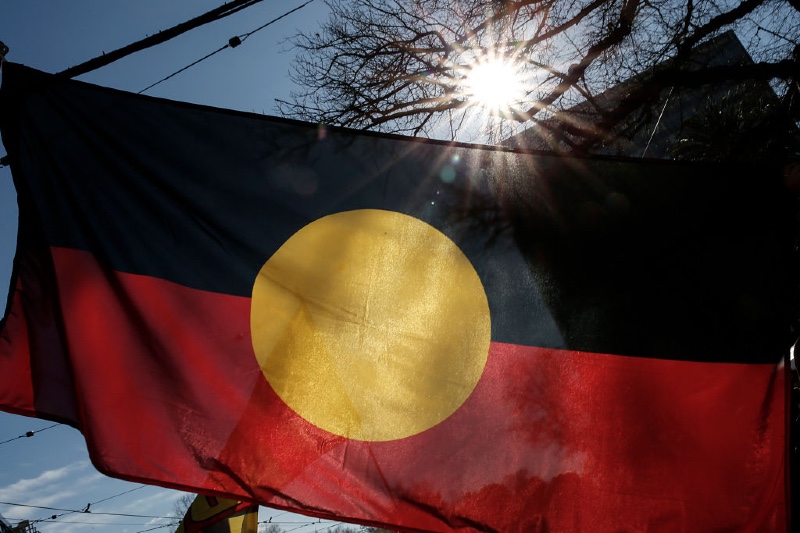
FAITH DOING JUSTICE
But it is possible the members of the Plenary could begin to hear a deeper voice speaking in their hearts. There may arise a new courage to start a process of truth and reconciliation, reporting the process of this journey to the second Plenary Council planned for Sydney, July 2022. We can only begin that journey if members of the Plenary Council come and are open to listening to that deep inner voice.
READ MORE
-

AUSTRALIA
Reading the paper, Instrumentum Laboris, written in preparation for the coming Plenary Council, I found myself quite disappointed by the lack of depth, awareness and any sense of the need for an apology. Much less an openness to any serious conversion that is needed within the Church.
READ MORE 
-
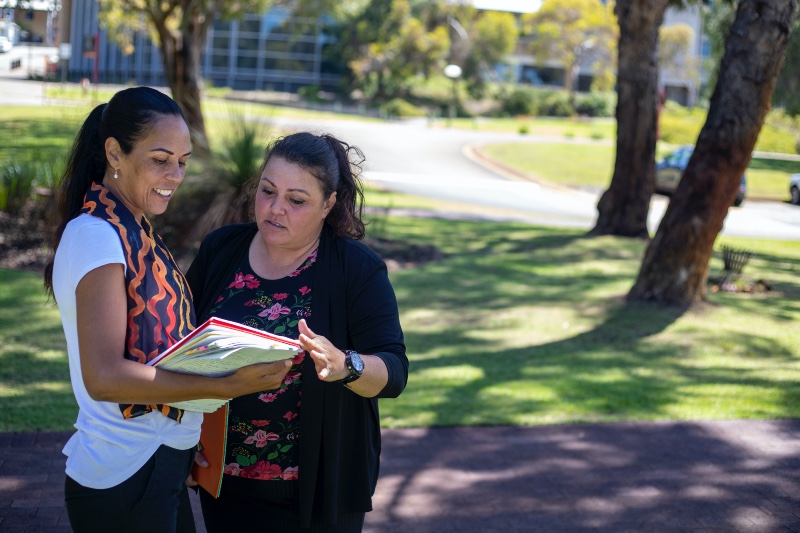
RELIGION
- Garry Deverell
- 18 May 2021
19 Comments
It is no coincidence that white ‘settler’ theology in this country has barely begun to engage with Indigenous people. Arguably, it has only begun to do so because the Indigenous citizens of the churches have begun to cast off the imaginative shackles made for us by our white gubbas and find our own voice.
READ MORE 
-
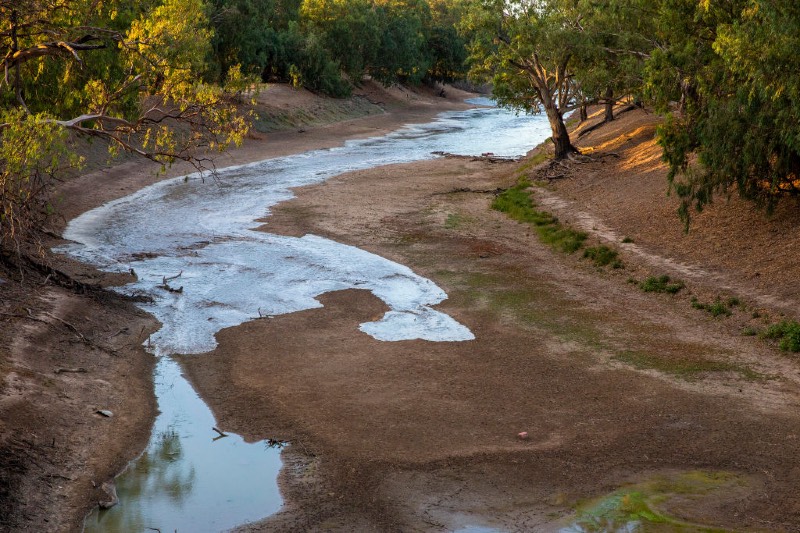
AUSTRALIA
- Cristy Clark
- 15 April 2021
4 Comments
Recent research has documented some of the historical causes of the ongoing absence of water justice. When the land rights agenda emerged towards the end of the 20th century, deliberate decisions were made to restrict access mostly to land without water rights.
READ MORE 
-

AUSTRALIA
- Malarndirri McCarthy
- 28 January 2021
7 Comments
January 26 is one day out of 365. But no other date conjures up so much passionate debate amidst a cacophony of divided views. Each year there is the predictable commentary about Australia Day.
READ MORE 
-
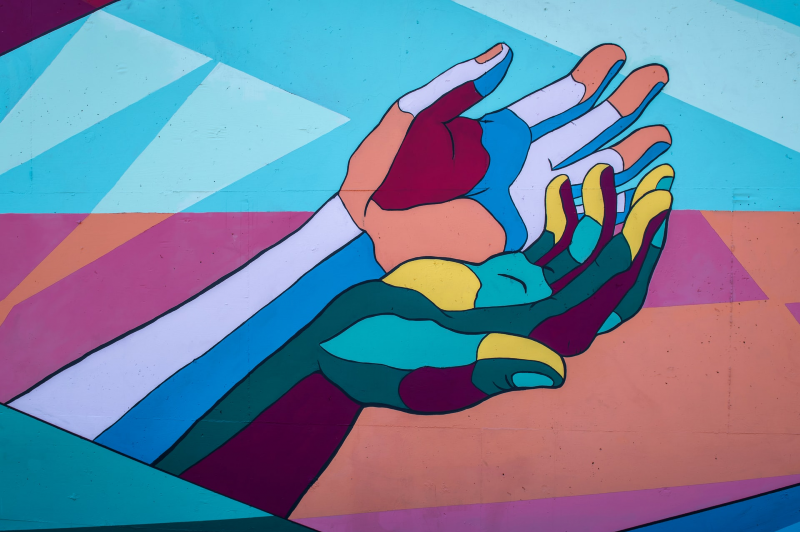
FAITH DOING JUSTICE
- John Warhurst
- 15 December 2020
6 Comments
The work of Catholic social service agencies should be celebrated within the church. Its peak body, Catholic Social Services Australia (CSSA), which has been savagely cut recently, has successfully matched wits with governments for over sixty years and its member agencies continue to serve the community selflessly.
READ MORE 
-
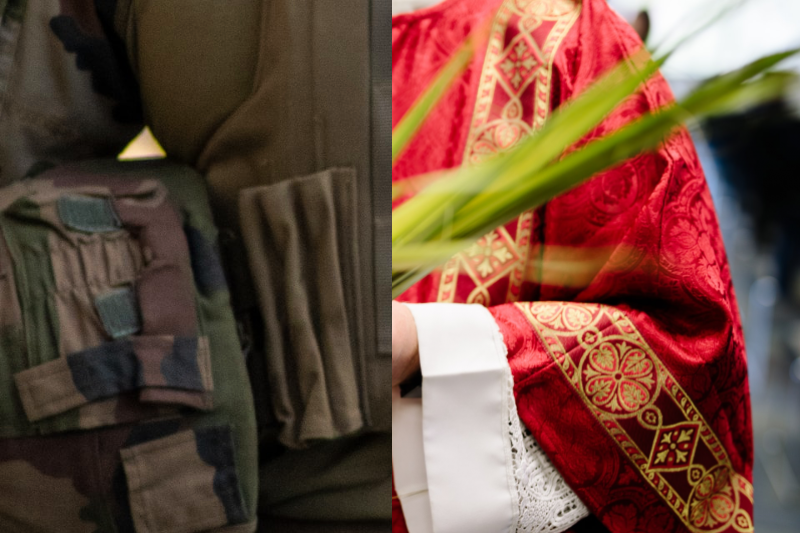
AUSTRALIA
- John Warhurst
- 01 December 2020
31 Comments
The Australian community and its government are struggling to come to terms with the extremely serious allegations against members of the SAS for their alleged criminal misconduct during the war in Afghanistan. At the same time, we Catholics are experiencing a bad case of déjà as there are many echoes of how we felt when the Royal Commission into Institutional Responses to Child Sexual Abuse (RC) began in 2013.
READ MORE 
-

EDUCATION
- J O Acholonu
- 21 July 2020
6 Comments
Too often in academic settings Black and Brown children are dismissed when reporting their experiences, and the incidents are often downplayed. They are told that the student who had done or said the racist thing ‘didn’t really mean it’. These students are given the benefit of doubt in ways that Black and Brown children often are not.
READ MORE 
-

RELIGION
- John Lochowiak
- 24 February 2020
17 Comments
Pope Francis’ 'Querida Amazonia' (Beloved Amazonia) has been warmly received by many members of the Aboriginal and Torres Strait Islander Catholic community. The tone of the exhortation is reflective of the position that underpins our vision for the Church in Australia — a Church that is open to the gifts of First Nations Catholics, honest to the past and embracing of a new way of thinking that utilizes the principle of subsidiarity.
READ MORE 
-
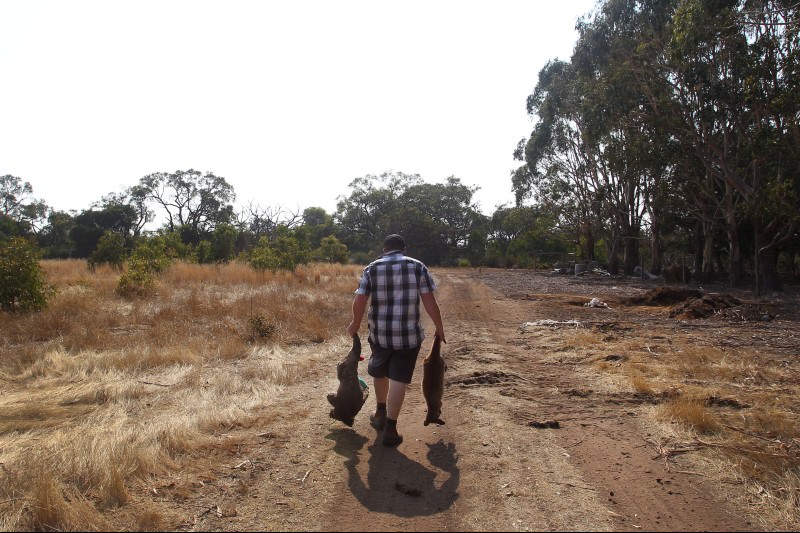
ENVIRONMENT
- Cristy Clark
- 13 January 2020
7 Comments
There are so many details about these unprecedented bushfires that I have no idea how to process. But nothing — including the ever-present shroud of acrid smoke that has blanketed my city since November — has brought home the scale of this tragedy quite like the estimation that one billion native animals have been killed.
READ MORE 
-
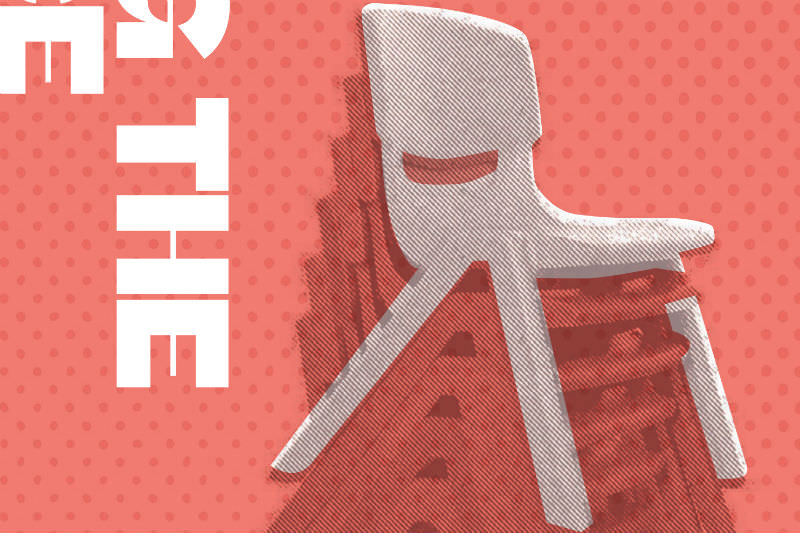
ARTS AND CULTURE
- Sukhmani Khorana
- 26 August 2019
A recent report on the lack of culturally and linguistically diverse (CALD) representation in arts leadership recognises the limitations of the label. In an era marked by media bubbles, it is more vital than ever that we use categories such as CALD to build bridges, while not losing sight of our differences and varying levels of disadvantage.
READ MORE 